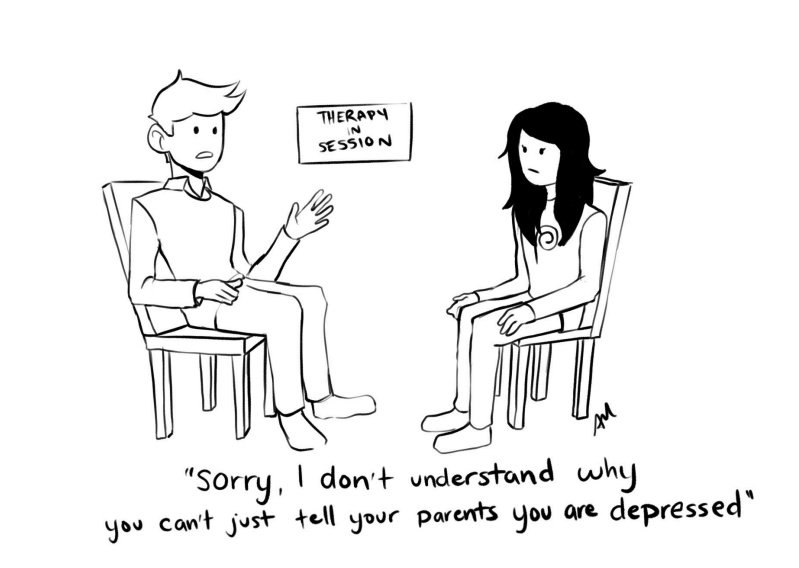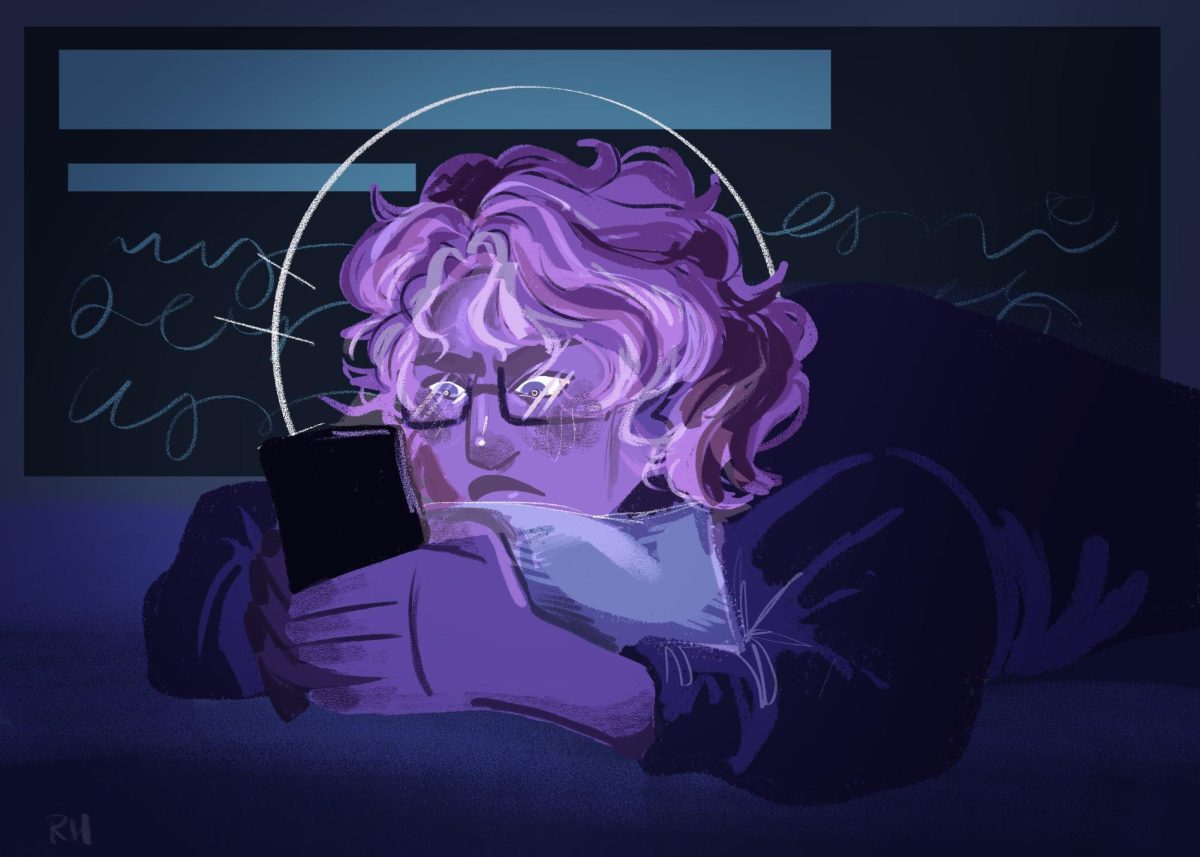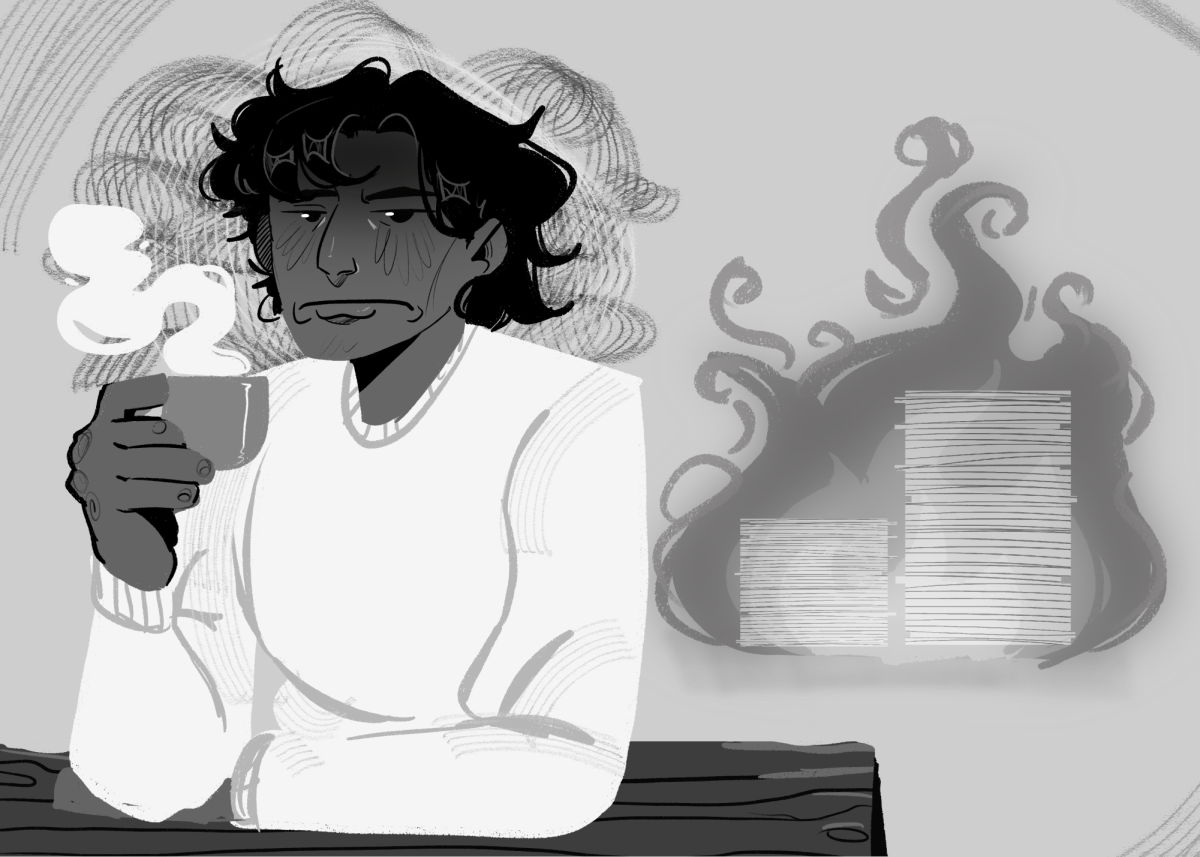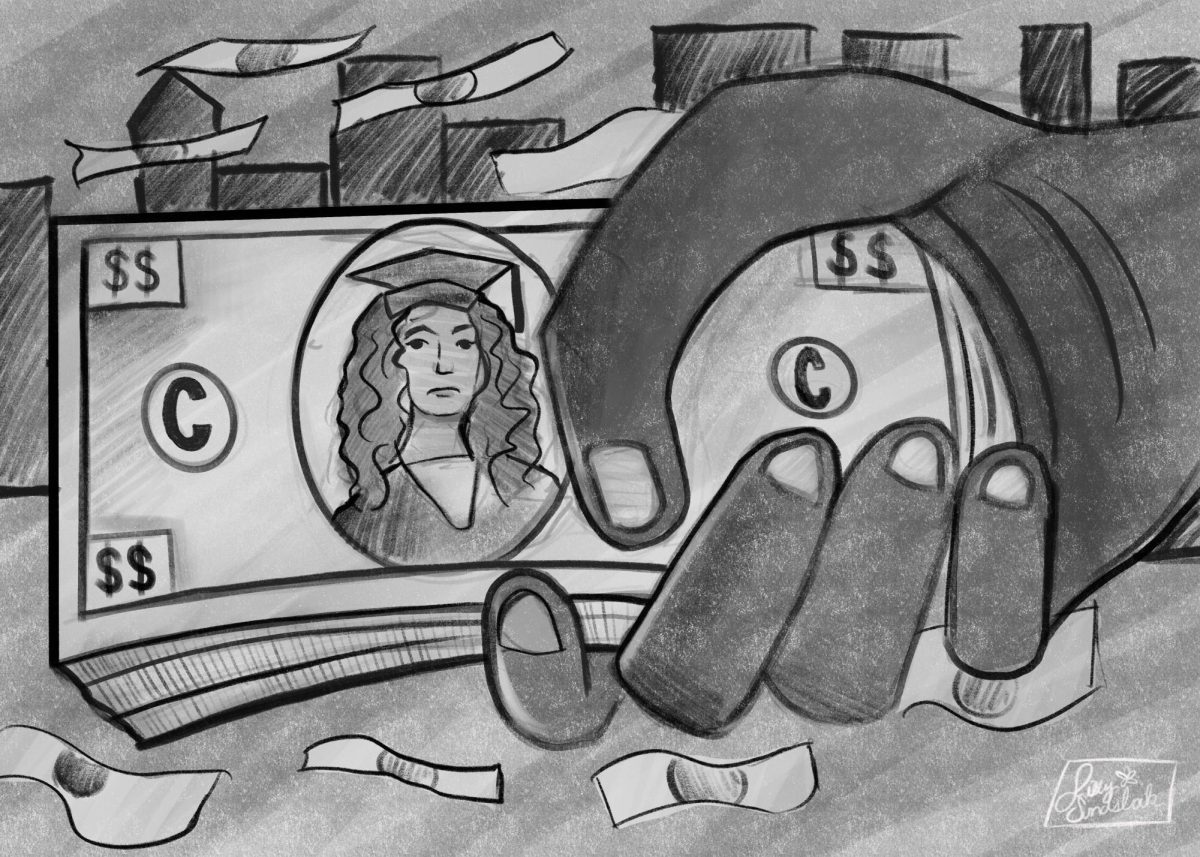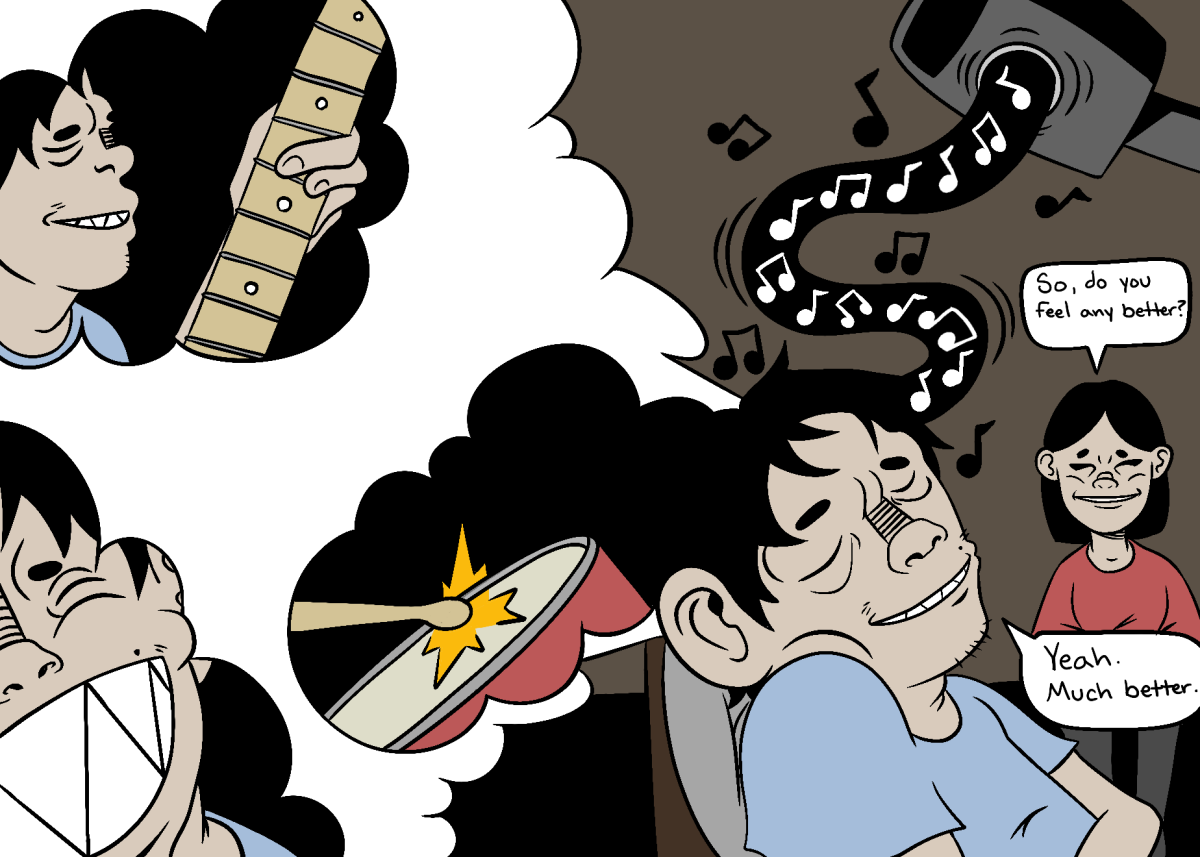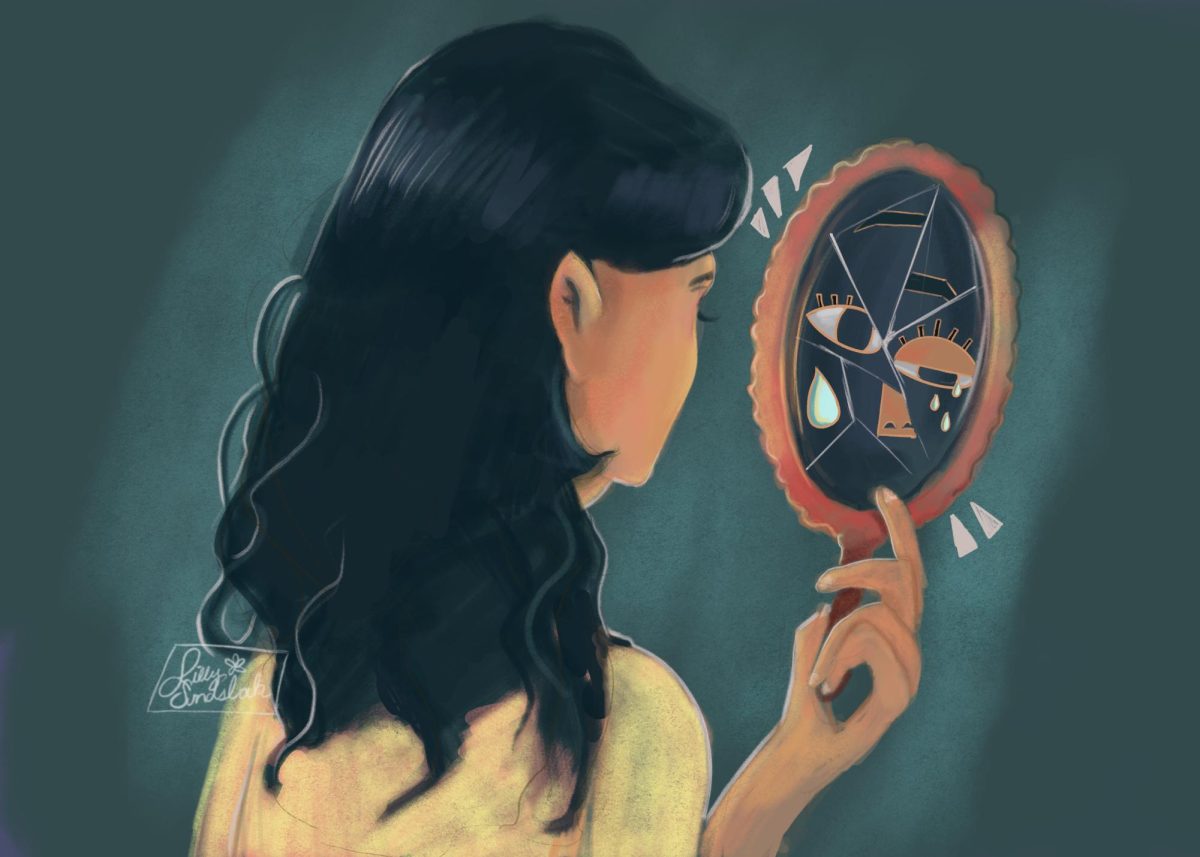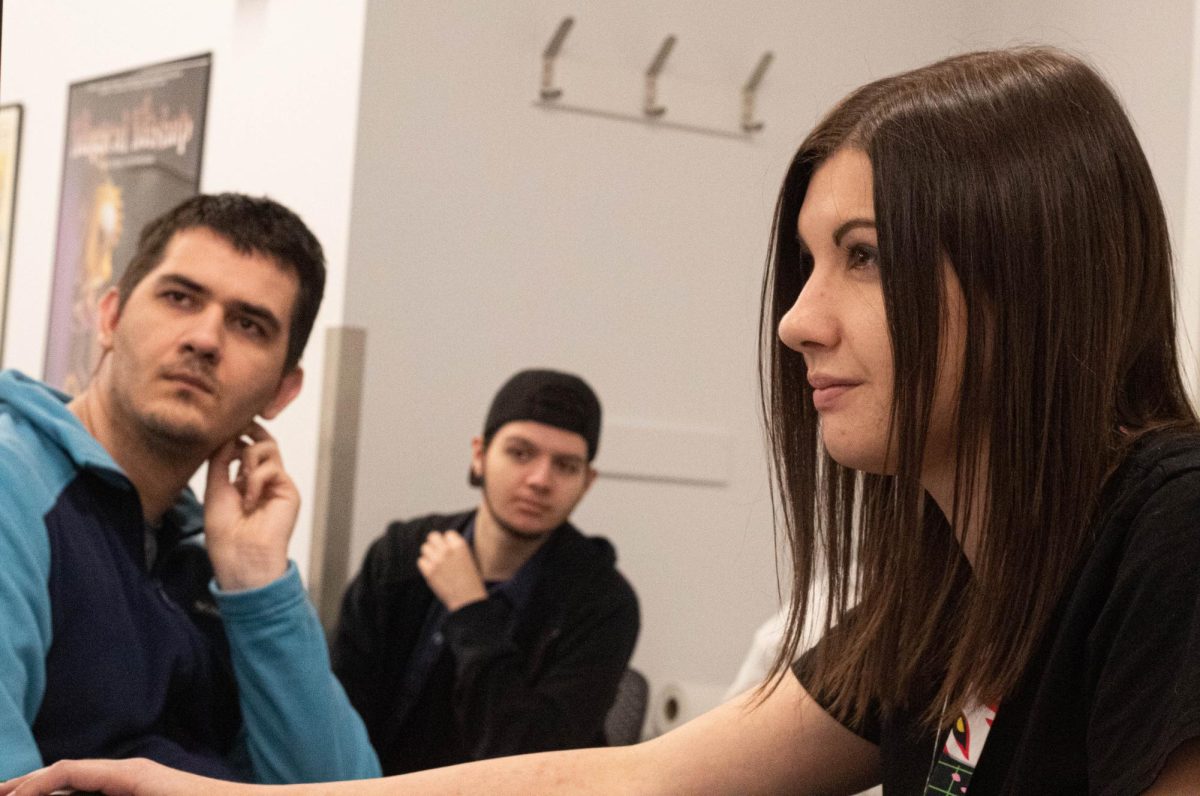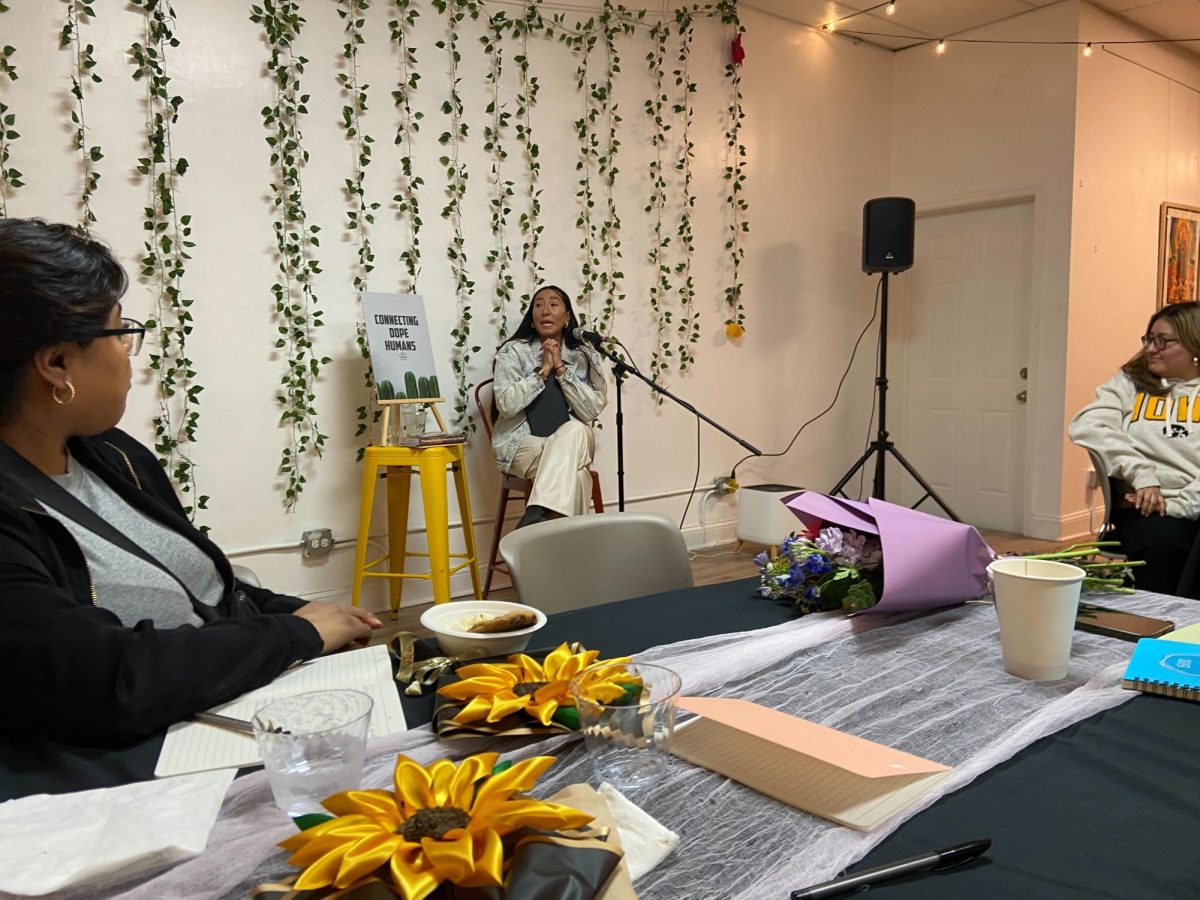MENTAL HEALTH ISSUE
As Columbia’s Latino and Hispanic population increases, the need for culturally aware therapy resources rises along with it.
According to the Office of Institutional Effectiveness at Columbia, 1,839 Hispanic students enrolled in Fall 2023, and 1,234 were first-generation Hispanics.
Latino and Hispanic students, especially those who are first-generation, typically grow up in a household where mental health therapy is taboo. A study done by the National Library of Medicine has shown that older-generation Latinos feel great embarrassment when a member of the family is suffering from mental health, they believe that it brings shame and they’re “disappointing” the family.
I know because I’m also a first-generation Latina college student.
Many of these ideologies are instilled into us, which can affect many students when they move away to college and have no known resources or people who can help them through the struggles they first experience when entering a new environment that can cause high stressors. When faced with these obstacles, the reality is that many Hispanic and Latino students are less than likely to go out and ask for help. Latino college students with higher levels of mental health stigma are less open to seeking mental health treatment according to an article by the International Journal for the Advancement of Counseling.
Work overload, deadlines that cut it too close, and pressure to find a job after graduating can be some of the many stress factors produced by college. According to a study done by the University of California-Riverside, 65% of Latino students have mental health problems that remain untreated and have lower rates than their white peers of reaching out and engaging with campus mental health services.
One of the main reasons why Latinos can be hesitant to reach out for help – besides having that stigma in the back of their minds – is due to the lack of cultural awareness in therapy spaces. Why would one speak out about their struggles if they knew they wouldn’t be understood? How can you help a student who has mental health problems that stem from a culture that you are not a part of?
Although Columbia does offer counseling services, availability is limited, and if it’s your first time scheduling an appointment, one-on-one counseling can be intimidating especially if you’re not sure that they will understand where your crises are coming from.
Togetherness is extremely important in the Latino community. Being able to see and hear each other at parties or events is something the culture values and holds dearly. This is something that many students have been stripped of if they moved away from home to attend college. A therapy group with familiar faces can be beneficial to those students who are quietly struggling with their mental health.
Columbia hosts therapy group events but not enough. There were just six advertised on the website in the fall during a chaotic and, for some, traumatic time navigating the seven-week part-time faculty union strike.
We need more group therapy sessions where students can communicate without fear of miscommunication and where students can share similar roadblocks that students specific to being Latino.
If Columbia were to invest more time and energy into these safe spaces and make them accessible for Latinos, it could help them connect with one another and build a strong community away from home.
To further enrich the experience, Columbia needs speakers who fluently speak both English and Spanish and can encourage students to speak Spanglish and touch on topics that they have been struggling to talk about due to a language barrier and not having anyone to talk through it with.
This is the minimum Columbia should be doing now that more than a quarter of Columbia students identify as Hispanic.
Doreen Abril Albuerne Rodriguez is a journalism major and sustainable fashion minor from Troy, Michigan.
Copy edited by Contributor Jazlynn Edwards and Patience Hurston
Submit an op-ed of no more than 850 words here or email editorialboard@columbiachronicle.com


